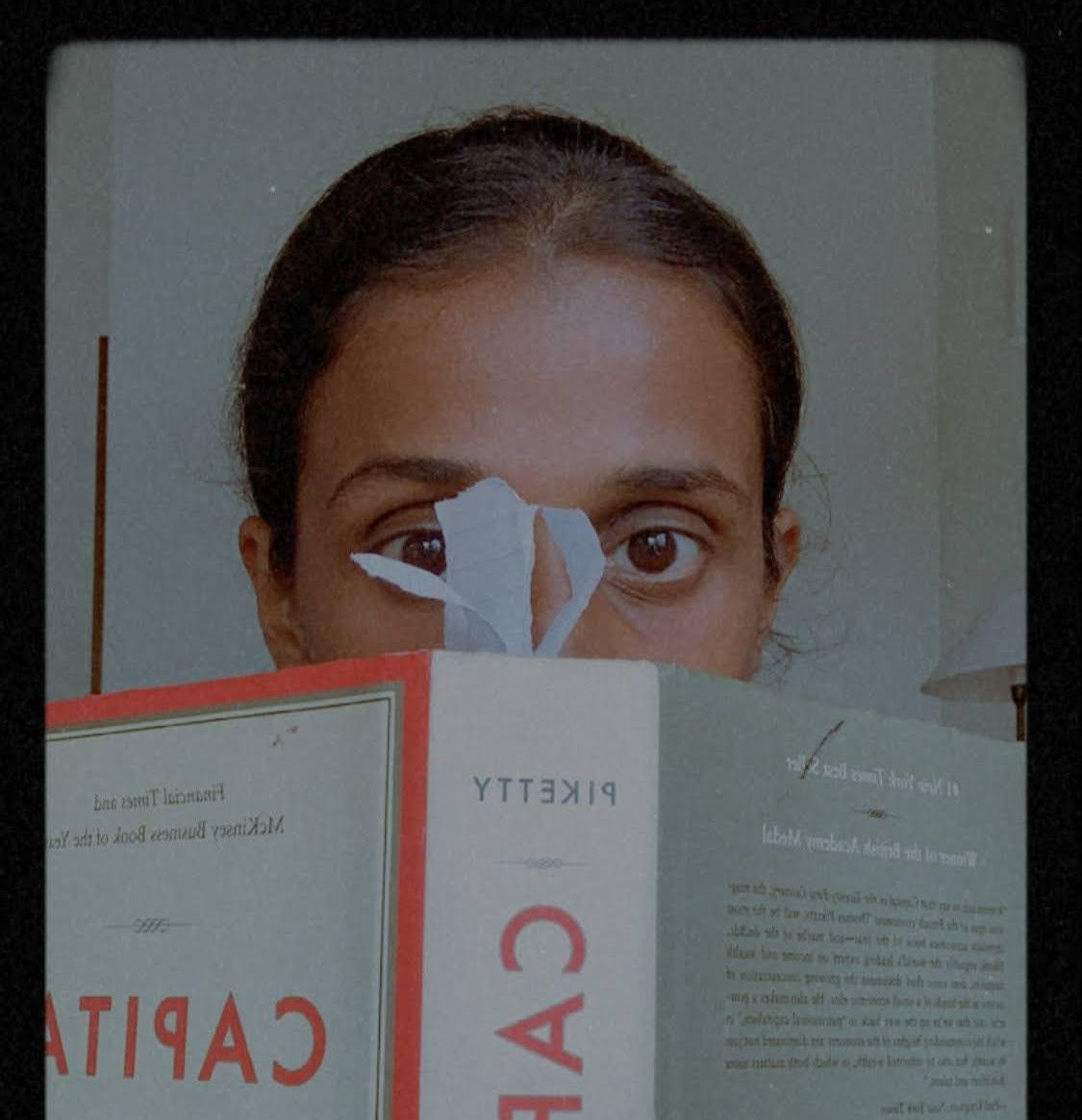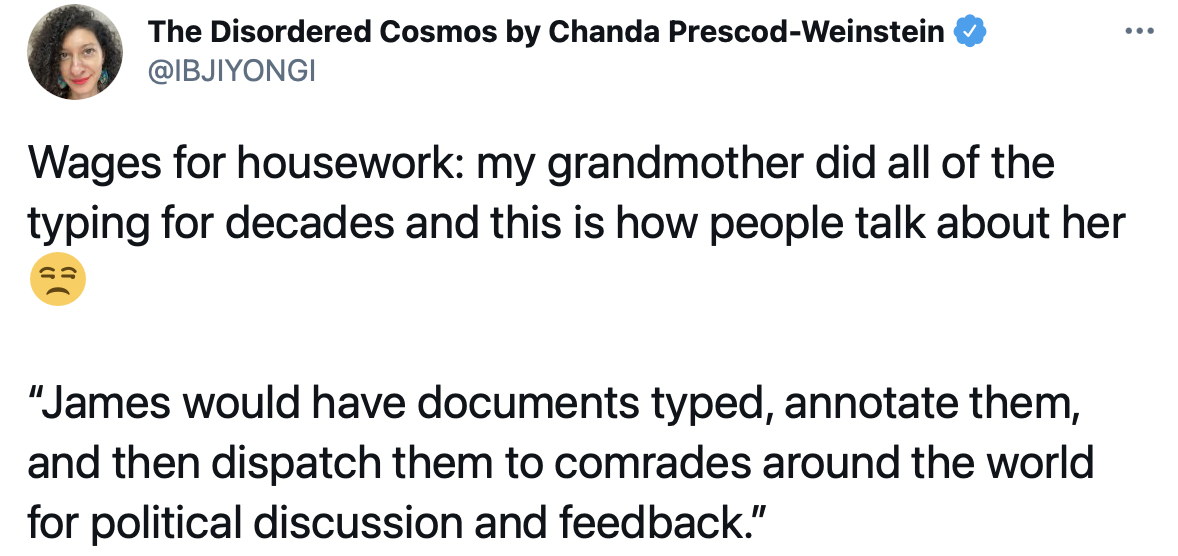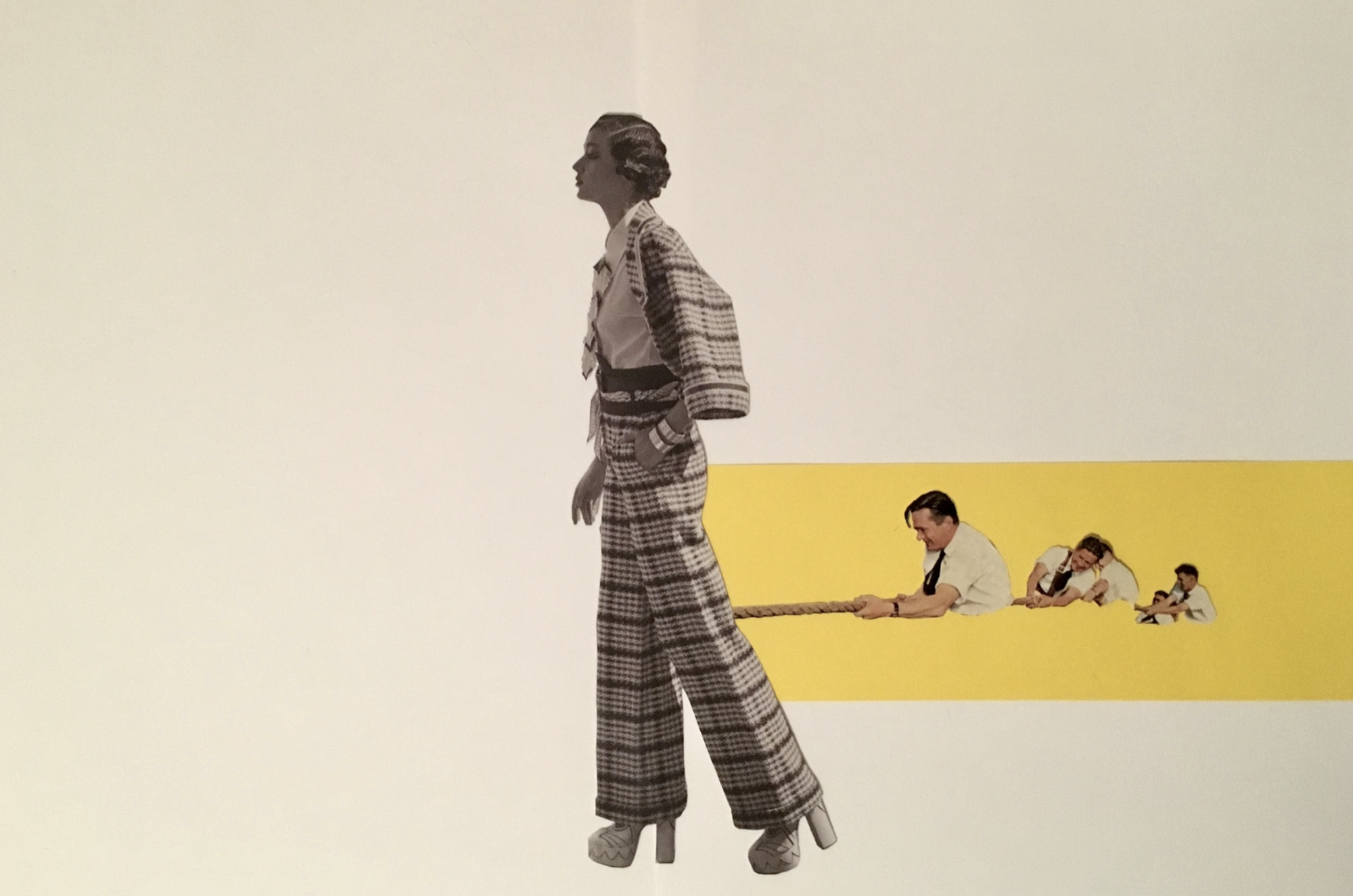My Favorite Writing Tool Is My Wife
On the hidden labor of women

Every post I write is edited by my wife (it’s not her fault). She misses typos, but she rarely misses the point. She’ll tell me if something doesn’t make sense, if it’s offensive, or if it just meanders off into a snooze. Sometimes she will just say ‘it’s fine’, and I know it’s terrible. I’ll rewrite the whole thing from scratch.
Writing is crazy because your thoughts really become the voice in someone else’s head for a minute. Like, I’m inside your head right now. It’s a terribly intimate thing, and this is perhaps why many writers (including myself) take feedback so poorly. Before this weird neural bomb goes off it helps to test it in some controlled environment, which is why I think everyone benefits from an editor, but the question is which one?
The best tool a writer can have is an editor. It’s a blessing to have one at home.
The hidden labor of women
Many writers have an unpaid, uncredited woman in the background. I’m aware of this. Frantz Fanon used to pace about the room and dictate his books. His wife, in many ways, was the writer in the family. C.L.R. James’s granddaughter said, “my grandmother did all of the typing for decades and this is how people talk about her 😒”:

This work is of course more than typing, or typos, or correspondence. This is the work. Writing is reading, reading is writing. Putting words down is the work. Reading them back is the work. It’s not secretarial work, it is the very work of writing itself.
Someone reading your work critically really brings it to life, or — sometimes more importantly — kills it dead.
This of course besides all the work that makes a ‘quiet writer’s life’ possible. The food, the cleaning, the children who conveniently disappear until the dedication page.
Whenever I hear about the habits of famous writers, I’m more curious about the habits of their wives. How did they keep shit together, to create this idiosyncratic oasis in a storm? And how many wives didn’t write, because a man wouldn’t do the same for them?
I think then of Lynn Margulis, who is often introduced as Carl Sagan’s ex-wife. I don’t (except here) because I’ve never read a book by Carl Sagan. Meanwhile, her book Microcosmos changed my life. I think of my own wife, who labors over much heavier lifting in her Master’s course, even though that writing is only read by a professor once.
Can women function within the patriarchy? Absolutely. Does that make the patriarchy fair? Absolutely not. How does that play out within our marriage? I don’t know. It’s not my story to tell. The greater part of acknowledging privilege is giving that up.

Giving credit to my wife
All I know is that within our marriage, within our society, my wife is my editor. For me it works out well, and for her I dunno. She doesn’t complain, and she would. Finding the right editor is as hard as finding the right partner. I’m insanely lucky that I got two-in-one.
When you write it’s easy to get lost in your own connections, your own assumptions, your own thread of knowledge that you’ve woven through life. A editor can help you see from above, and that perhaps a metaphor about bacteria would make zero sense to anyone else. They could also advise that saying ‘motherfucker’ might be offensive to one’s mother. In short, we all get schmutz on our faces. An editor is the one that points that out.
Most of all, and this is what I value the highest, they can say nothing at all. They can just hand the text back and say it’s fine. The worst fate for a writer is not to be offensive, or confusing, or obscure. It is to be ignored. I can get that from my wife’s face, without hitting publish at all.